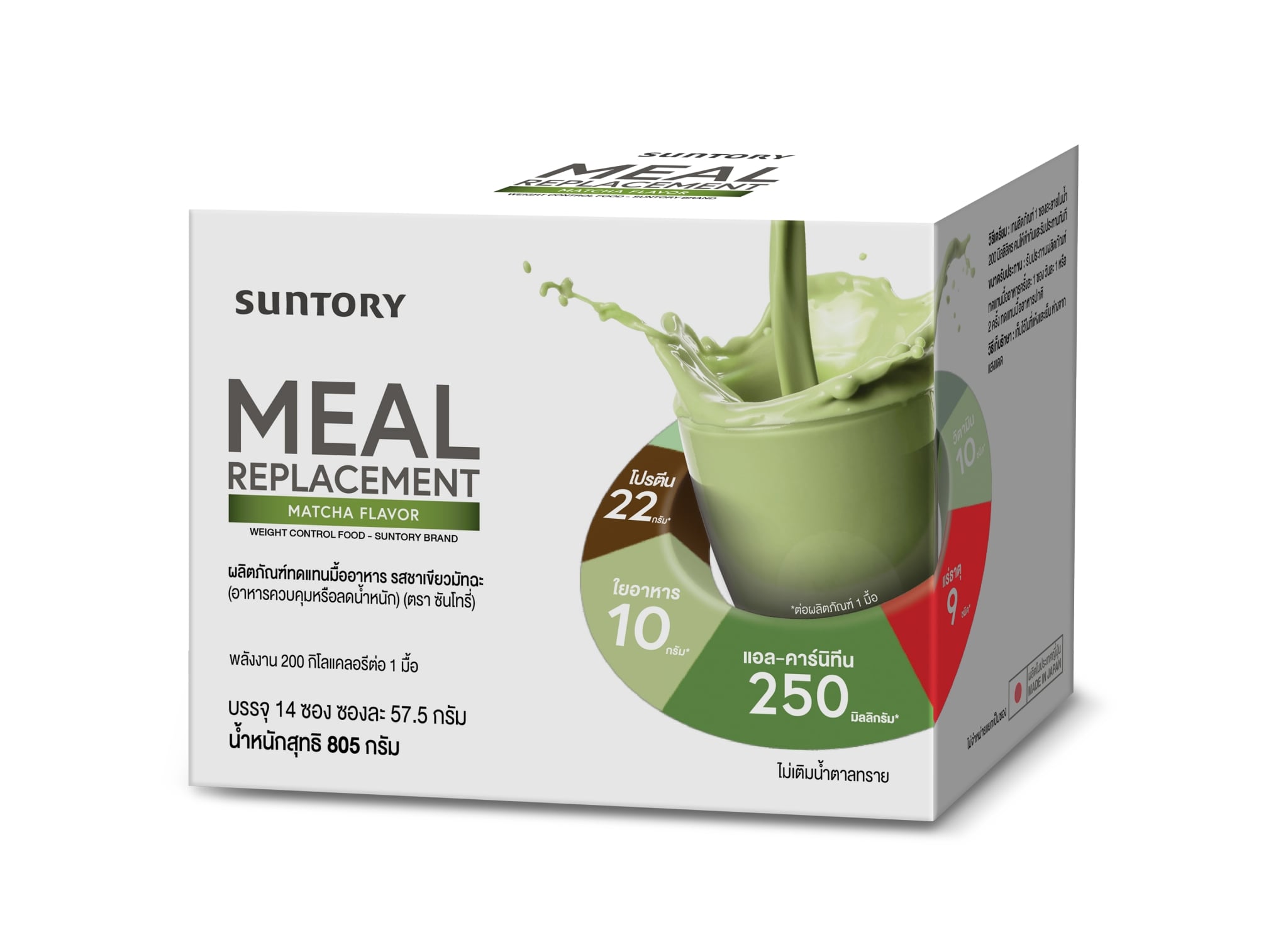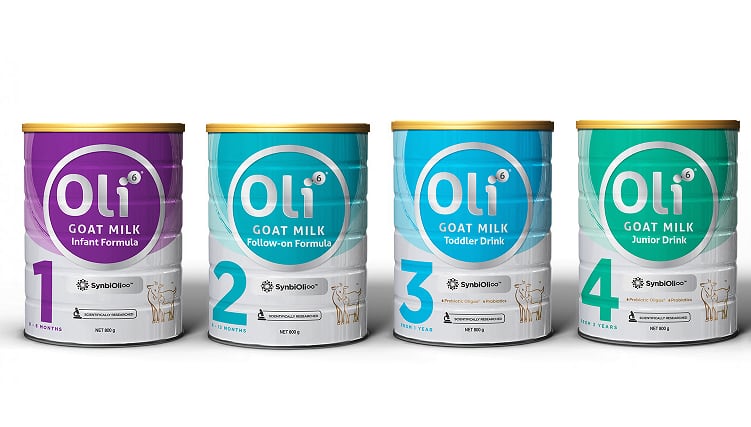The NASDAQ-listed company founded in Qingdao is tapping on its infant formula and milk protein expertise in formulating its meal replacement product launched under the brand Xianfeng (纤丰).
China’s National Health Commission introduced a three-year weight management plan last June.
Since then, functional ingredients companies like IFF and Probi have prioritised weight management and metabolic health as one of their key focuses for the China market, in line with the Chinese government agenda.
Infant formula firm Synutra is another company that has jumped on the bandwagon with the launch of a meal replacement drink last July.
Speaking at the Healthplex Expo 2025 held in Shanghai last week from June 24 to 26, CEO Chui Peng Fei presented insights that the company has gathered for its new meal replacement portfolio set up over the past year.
“Since 2024, the government has been promoting weight management and clinic consultation for weight management, with the three-year weight management plan being put into greater implementation earlier this year.
“Having observed this, we have been thinking of how we can combine our advantages in milk protein and use it for weight management.
“The meal replacement market has also been growing rapidly, and so we have launched a brand Xianfeng for weight management based on our research know-how in infant and maternal nutrition and advantages in milk protein,” said Chui.
Formulated with milk protein concentrates, 10 vitamins, four minerals, and maltodextrin as dietary fibre, the meal replacement drink Xianfeng was designed as a complete substitution of actual meals, said Chui.
Milk protein concentrates, for example, could help produce a feeling of satiety, while medium chain triglycerides (MCT) were added to provide a balanced nutrition.
“Good fats were added because we are making a complete meal replacement product – not just to help consumers consume lesser carbohydrates, but also to help them achieve balanced nutrition,” he explained.
In general, he said that meal replacement products can be categorised into three groups: 1) wholemeal bread and cereals, 2) low carbohydrates and low-fat products, such as meal replacement powder, and 3) snacks such as protein bars.
He also outlined three major consumer demands for weight management nutritional products, which were also factors considered when formulating Xianfeng.
They are 1) convenience, 2) achieving weight control and weight loss, and 3) the food additives and nutritional content of the product.
This year, the company also launched a jasmine milk tea flavour meal replacement drink in response to demands from female consumers - the key group of target audience.
So far, Xianfeng meal replacement drink has achieved a 30-day repeat purchase rate of 40 per cent on Douyin - China’s version of TikTok, said Chui.
He pointed out that consumer trust is paramount when marketing meal replacement products.
As such, the brand has taken a two-pronged approach by working with both professional nutritionists to conduct consumer education on weight management, and to also work with livestreamers in marketing the product.
To promote self-regulation among industry players, the company has also worked with the China Healthcare Association in developing industry standards for weight management products.





